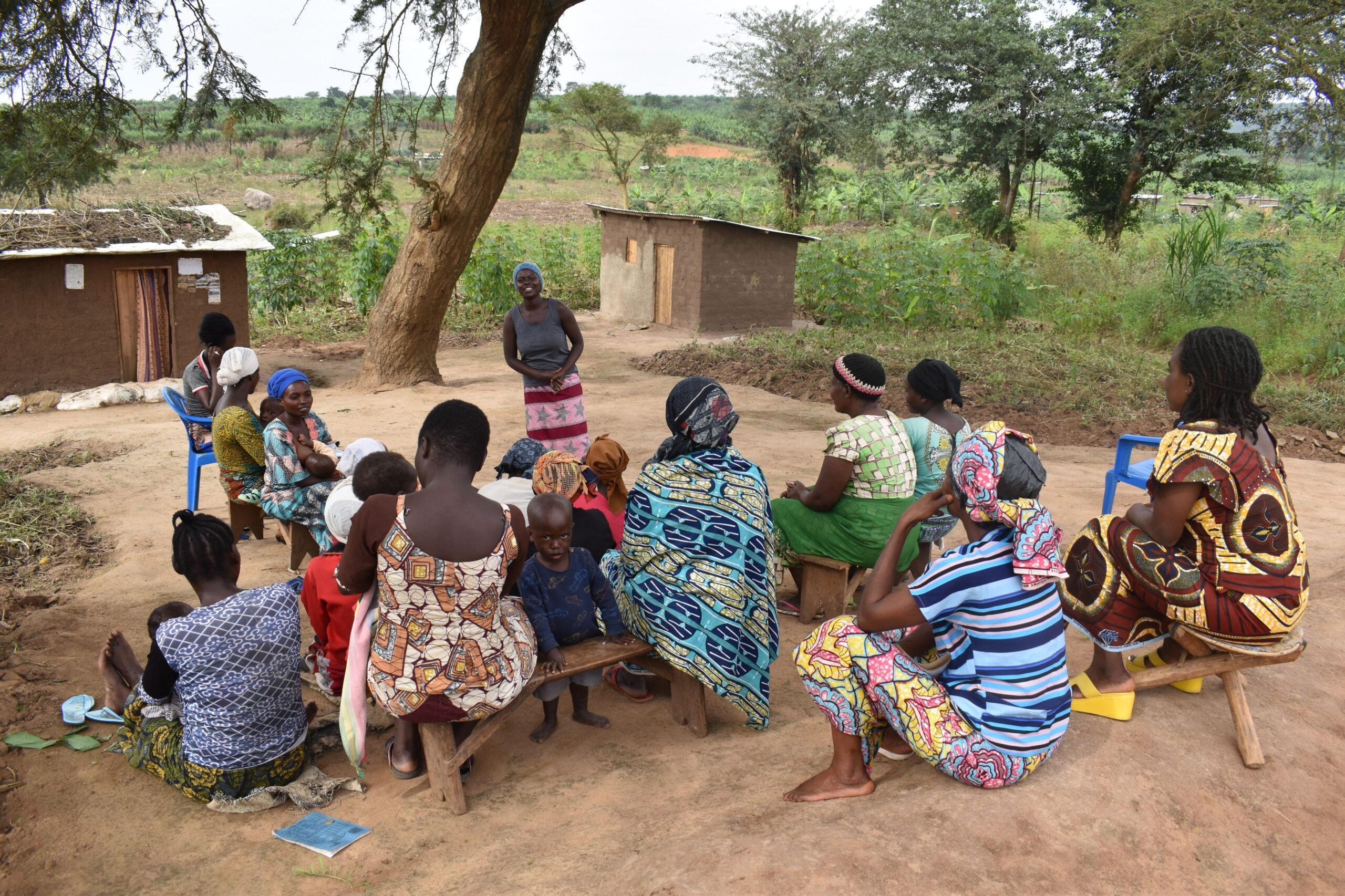Climate Change

Refugee women and girls in Uganda are significantly impacted by climate change. The occurrence of floods and droughts resulting from climate change heightens the risk of sexual and gender-based violence against women and girls. Also, weather pattern changes trigger water-borne diseases such as cholera, which disproportionately affect women and girls. Crop failures and food scarcity, which are prevalent due to climate change-related weather events, result into increased food insecurity for refugees, and women and girls are usually more affected. Additionally, climate change-related occurrences lead to displacement, consequently disrupting the education of girls who may have to drop out of school to cater to their families’ needs.
Supporting refugee women and girls in Uganda significantly impacted by climate change requires a multifaceted approach. Association Of Refugee Women in Uganda is supporting refugee women through;
CLIMATE-RESILIENT LIVELIHOOD PROGRAMS:
We implement livelihood programs that are resilient to climate change, such as sustainable agriculture, eco-friendly businesses and alternative income-generating activities.
AGRICULTURAL TRAINING AND RESOURCES:
We provide training and resources for climate-smart agriculture practices, including drought-resistant crops, water conservation techniques, and soil management, to enhance food security.
We facilitate access to clean and sustainable energy sources, such as solar energy, to reduce reliance on traditional and environmentally harmful fuel sources like wood or charcoal.


EDUCATION AND AWARENESS PROGRAMS:
We conduct educational programs and awareness campaigns on climate change adaptation and mitigation, empowering refugee women and girls to understand and address climate-related challenges
WOMEN’S LEADERSHIP AND PARTICIPATION:
We promote women’s leadership and participation in decision-making processes related to climate change adaptation and mitigation, ensuring their voices are heard in planning and implementation.
ENVIRONMENTAL CONSERVATION INITIATIVES:
We engage refugee communities in environmental conservation initiatives, such as tree planting or waste management programs, to contribute to local resilience and sustainability.
Become Support Partner
Your contribution makes a difference
